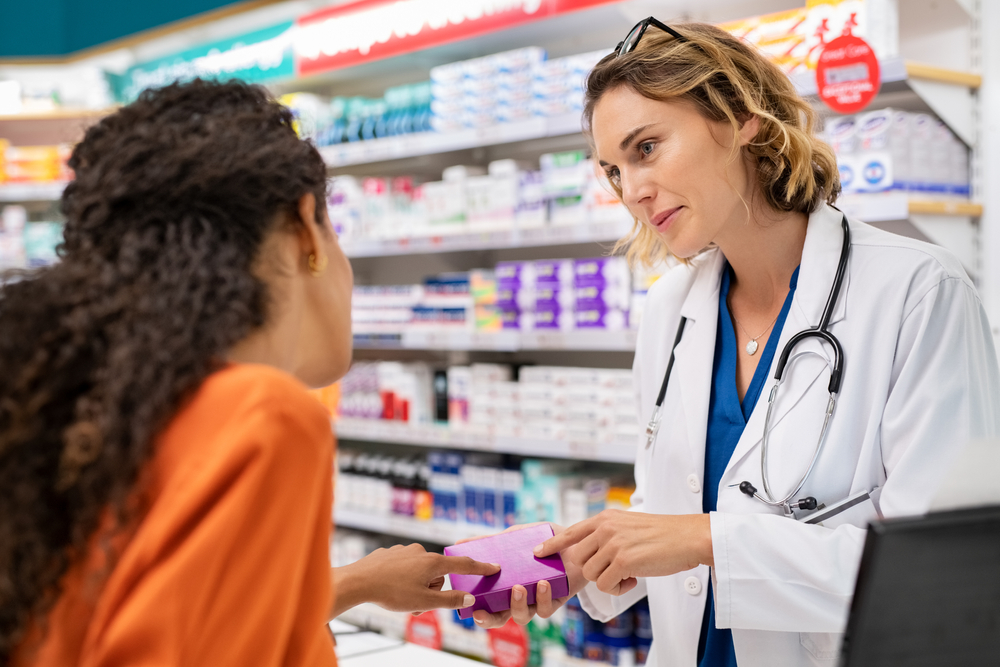Lack of self-care confidence putting pressure on frontline NHS services

Study finds one in five do not feel confident treating a headache themselves, and a third would be uncertain about treating a minor burn.
A real-world research poll of more than 2,000 UK adults reveals an alarming lack of confidence and knowledge around self-care for everyday ailments and highlights the threat this poses to struggling frontline health services. The poll, conducted by consumer healthcare association, PAGB, finds that one in five people do not feel confident treating a headache themselves, almost a quarter would not be comfortable self-treating a sore throat and a third would be uncertain about how to treat a minor burn.
Yet, despite the difficulty many consumers face getting GP appointments, there has been a fall in the number of people seeking advice from pharmacists for common ailments. Fewer than half (44 per cent) now turn to these highly qualified health professionals for initial advice, compared to 47 per cent last year.
Deborah Evans, community pharmacist and an advisor to PAGB, said: “These shocking findings show we need to get people back into their community pharmacies and talking to their pharmacist. Pharmacists train to qualify for five years and can help provide expert advice on all self-treatable conditions including minor cuts and burns to aches and pains.
“Pharmacists are well placed to drive a holistic approach to self-care. They can help to advise people on the most suitable and effective over-the-counter treatments as well as self-care techniques.”
However, the PAGB research reveals a worrying lack of knowledge or self-belief among the public when it comes to treating common conditions themselves. Statistics showing how many lack the confidence to self-treat everyday ailments are alarming:
• Conjunctivitis: 73 per cent
• Warts or veruccas: 61 per cent
• Backache: 52 per cent
• Nose bleeds: 45 per cent
• Cold sores: 40 per cent
• Heartburn or indigestion: 38 per cent
• Minor burns: 34 per cent
• Diarrhoea: 33 per cent
• Sore throat: 25 per cent
• Headache: 23 per cent
• Coughs: 18 per cent
Deborah Evans added: “These are all instances where a pharmacist can help and seeking advice from these highly qualified and easily accessible experts ensures consumers get swift treatment and precious NHS resources can be focused on more serious conditions. The potential savings are enormous. In 2020, it was estimated that the average GP consultation cost the NHS £39.32, and the most basic A&E was at least £77.”
Michelle Riddalls, CEO of PAGB, who carried out the research warned: “Our real-world research study presents an urgent call to action for the Government. Even before the pandemic, there were an estimated 18 million GP appointments and 3.7 million A&E visits every year for conditions which people could have treated themselves or for which a pharmacist should have been the first port of call.
“With the increasing pressures over recent years it is clear that the NHS cannot afford to let this continue.
“During the pandemic, we saw a coordinated campaign by NHS England and the Department of Health and Social Care to encourage consumers to stay at home and self-treat. As a result, this had a positive effect on both people’s confidence and ability to self-treat. We need to replicate this for all self-treatable conditions, and this can only be achieved via a national policy on self-care.”